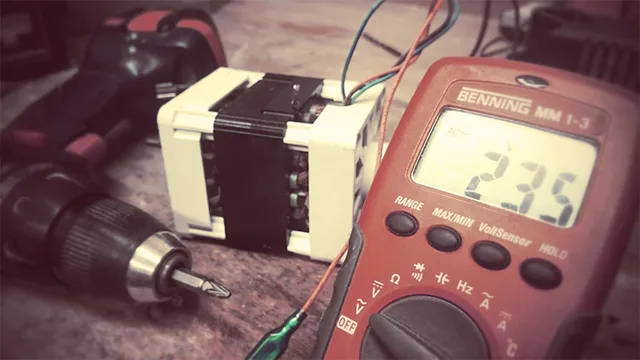The Executive PA: moving from secretary to an executive PA role
Itec training solutions Ltd
Open Programme and Group Training available
- 71 enquiries
- Online
- 2 days · Part-time
- Certificate(s) included
- Tutor support
For PAs who have just been promoted to the role or wish to progress to a more senior level. The Executive PA is in a position of special responsibility; supporting directors and senior managers and playing a pivotal role in the management team requires a proactive approach and ra
…



